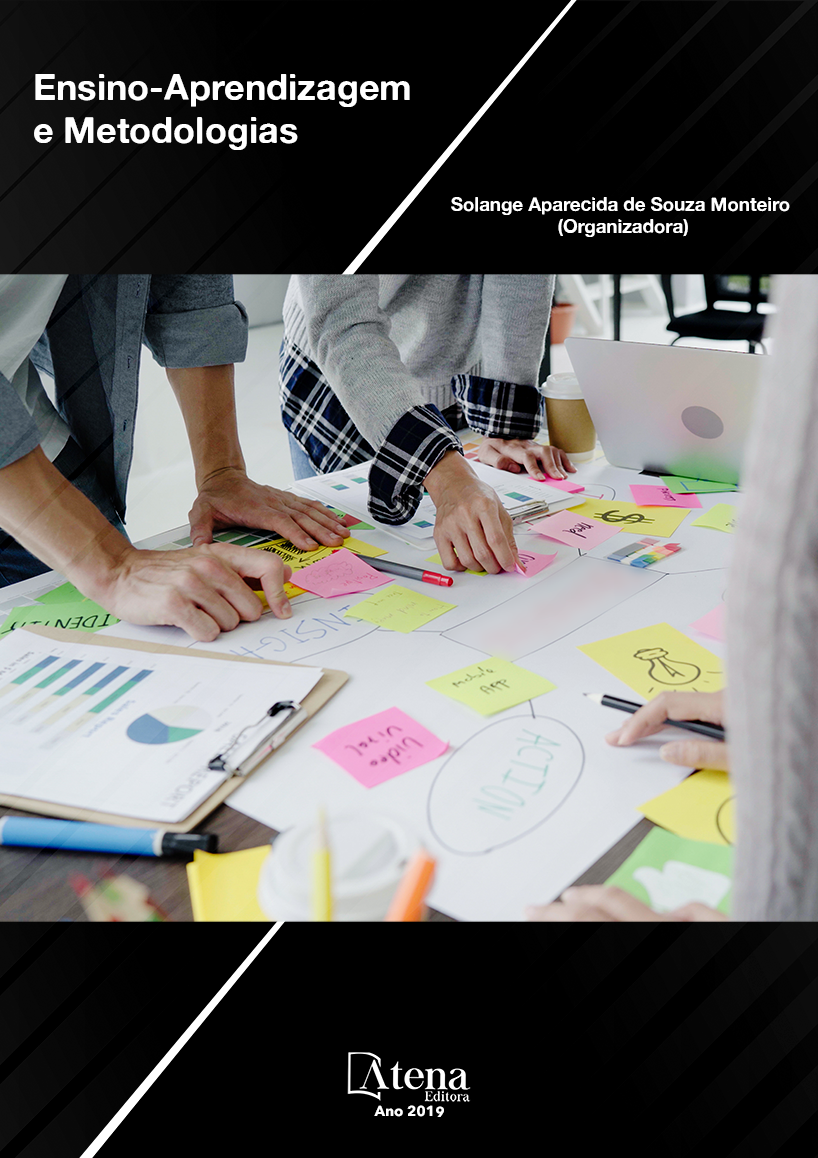
Gramática, interação, discurso e texto
O presente trabalho visa discutir as
relações entre gramática, interação, discurso e
texto no ensino de língua materna, partindo de
uma concepção de língua enquanto totalidade
que se insere na prática social dos falantes.
Questiona-se a separação escolar da língua
em fragmentos, buscando argumentar em
favor de um trabalho que integre as dimensões
sintática, semântica e pragmática da língua.
Trata-se de um estudo bibliográfico que discute
gênero discursivo a partir de Bakhtin e Bakhtin
(Volochinov) (2009; 2011) e trabalha com a
perspectiva de ensino de gramática apontada
por Neves (2002; 2018). Conclui-se que quanto
mais possibilidades de expressão gramatical
dominamos, maiores as possibilidades de
leitura e escrita, mais capazes nos tornamos
de lidar de forma intencional na elaboração
dos discursos e mais hábeis nos tornamos em
reconhecer a intencionalidade presente nos
discursos alheios. Trata-se de um conhecimento
que se vincula não aos rótulos que devem
ser impostos aos componentes linguísticos,
mas sim de metalinguagem, compreendida
enquanto reflexão e discurso sobre a própria
linguagem, que nomeia mas não se fixa em
limites e definições estanques. Isso implica
reconhecer que em todo conteúdo gramatical
se integram sintaxe, semântica e pragmática.
Neste sentido, e assinalando-se o papel da
escola enquanto lócus privilegiado de acesso ao
saber sistematizado (SAVIANI, 2012), entendese
que o ensino da língua materna não deve
restringir-se aos gêneros discursivos presentes
no cotidiano, tampouco isolar-se em análises
gramaticais descoladas da interação e do
discurso. Trata-se de compreender as funções
dos elementos linguísticos em seu contexto e
forma de enunciação.
Gramática, interação, discurso e texto
-
DOI: 10.22533/at.ed.27619250620
-
Palavras-chave: Ensino de gramática. Gêneros discursivos. Interação e discurso.
-
Keywords: Grammar Teaching. Genres of Speech. Interaction and discourse.
-
Abstract:
The present work aims to discuss
the relations between grammar, interaction,
discourse and text in the teaching of mother
tongue, starting from a conception of language
as a totality that is inserted in the social practice
of the speakers. We question the school’s
separation of language into fragments, seeking
to argue in favor of a work that integrates the
syntactic, semantic and pragmatic dimensions of the language. It is a bibliographical
study that discusses discursive genre from Bakhtin and Bakhtin (Volochinov) (2009;
2011) and works with the perspective of grammar teaching pointed out by Neves (2002,
2018). It is concluded that the more possibilities of grammatical expression we dominate,
the greater the possibilities of reading and writing, the more capable we become of
intentional dealing in the elaboration of discourses and the more skillful we become in
recognizing the intentionality present in the discourses of others. It is a knowledge that
binds not to the labels that must be imposed on the linguistic components, but rather
on metalanguage, understood as reflection and discourse on language itself, which
names but does not set itself in limits and fixed definitions. This implies recognizing
that in every grammatical content syntax, semantics and pragmatics are integrated.
In this sense, and highlighting the role of the school as a privileged locus of access
to systematized knowledge (SAVIANI, 2012), it is understood that the teaching of the
mother tongue should not be restricted to the discursive genres present in everyday
life, nor should it be isolated in grammatical analyzes of interaction and discourse. It is
about understanding the functions of the linguistic elements in their context and form
of enunciation.
-
Número de páginas: 15
- Karyn Meyer


